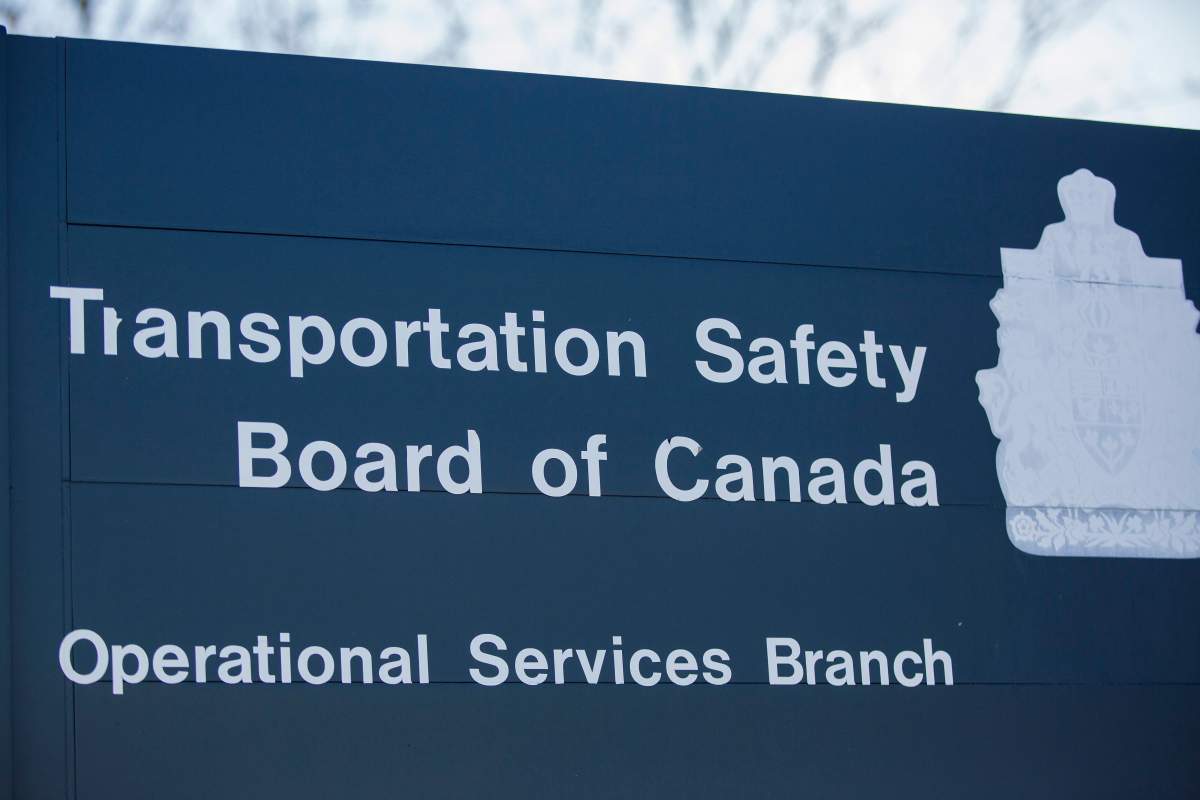MORRISBURG, Ont. – Federal safety officials are trying to determine what caused a ship carrying petroleum products to run aground on the banks of the St. Lawrence River last month.

The tanker Chem Norma was travelling from Amsterdam bound for Sarnia, Ont., when in the early morning hours of May 29 it struck land near Morrisburg, Ont., about 75 km southeast of Ottawa, the Transportation Safety Board of Canada said.
READ MORE: Nathan E. Stewart spill report recommends alleviating risk of fatigue in marine industry

Get breaking National news
A pair of marine accident investigators boarded the ship on Friday and are expected to make at least some of their findings public by next week, board spokeswoman Sophie Wistaff said.
“We don’t deploy to every incident we are alerted of but we did for this one,” she said. “The investigators are on the ship right now and we are going to let them do their job.”
READ MORE: Transportation Safety Board figures show rise in serious rail, pipeline accidents in 2017
The Chem Norma, built in China but registered in the Marshall Islands, was loaded with petroleum distillate, but no pollution connected to the tanker has been found in the area, Wistaff said.
The ship was pulled free from the bank on June 3, overseen by federal and provincial authorities, said the St. Lawrence Seaway Management Corporation, the non-profit that oversees water traffic on the river.
The Transportation Safety Board investigations are not designed to find fault or liability but to determine “contributing factors” that lead to incidents involving pipelines or water, rail or air transport, Wistaff said.







Comments
Want to discuss? Please read our Commenting Policy first.